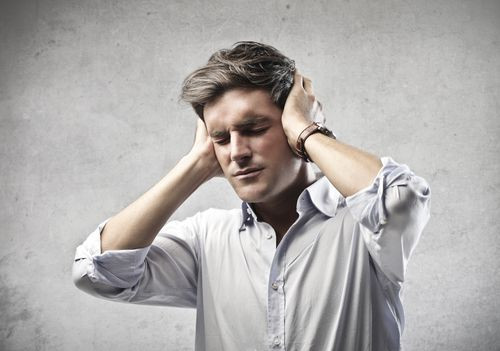Why Voice Recordings Sound Weird: Your Brain Refuses To Accept That's You You're Hearing

If you’ve ever cringed from listening to your own voice, it’s because your brain is struggling to accept the fact that the voice you hear vibrating inside of your head and the one the rest of the world hears are one in the same. Sounds reach your inner ear in only one of two ways: through your own body or from the surrounding environment. It’s the reason when you hear a playback of your voice on the answering machine it sounds much different than what you hear every time you speak.
When we speak, the vocal folds lining our throat vibrate followed closely by our skin, skull, and oral cavities. The combination of vibrations is the sound we perceive as our own voices. The vibration cocktail travels from your mouth to your eardrum and gives you a voice quality generally deeper and more dignified because of the lower frequency from the bone vibrations. Compare this to the sound everyone else hears coming out of your mouth that floats through the air conduction, and it sounds a lot less rich and full like a bass. The “air only” sounds that everyone besides yourself have lacks a unique character. While the voice is vibrating inside your head and bones, it also picks up resonations inside the throat, mouth, and rest of your body.
The unfamiliar isolation of your recorded voice floating in the air seems to lack a certain normal and comforting quality to you, and you deny the stranger’s voice for your own. When you’ve been listening to yourself talk your entire life, throughout childhood, adolescence, those awkward teenage years far past puberty and into your adult life, it can be unsettling hearing a voice that’s supposed to be you but is missing the deeper tones that have become a comfort.



























